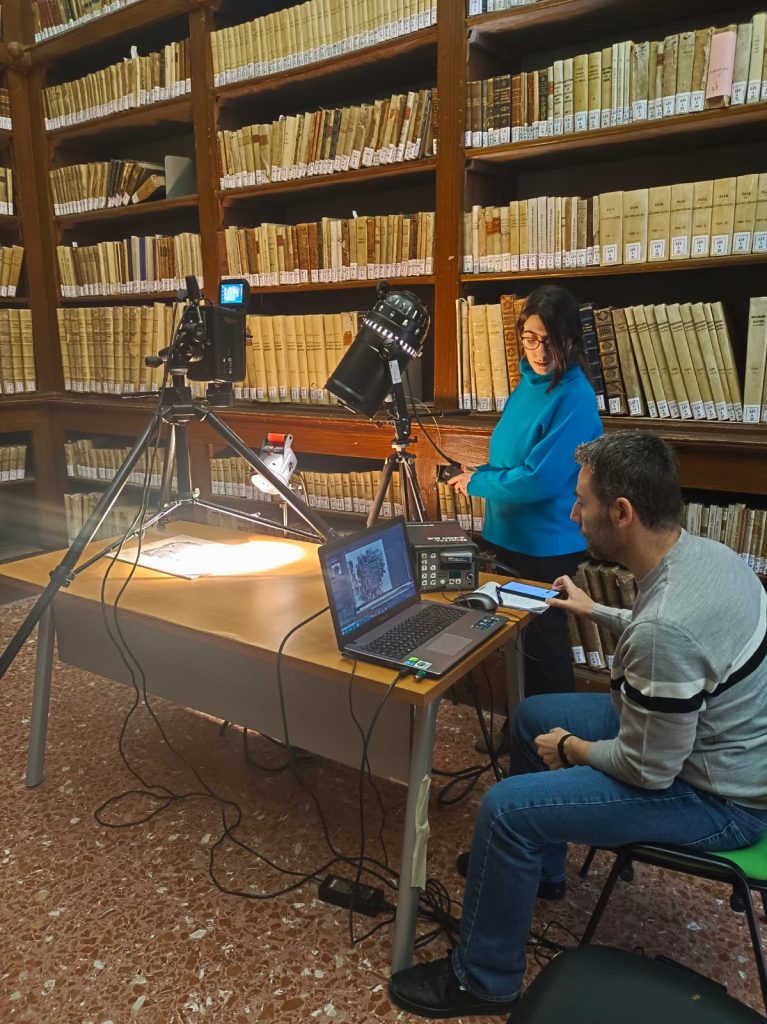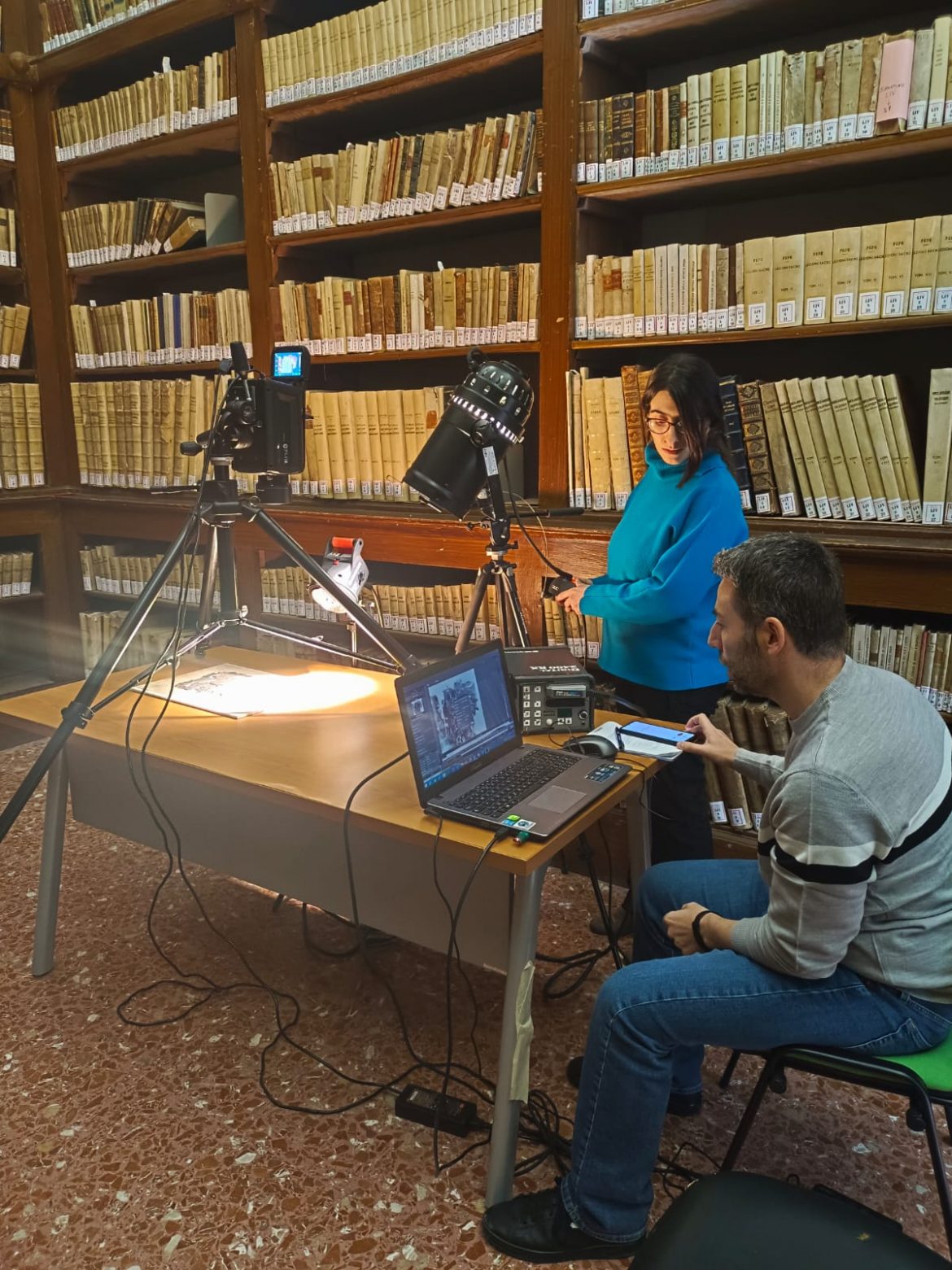Thanks to sophisticated technologies applied to the carbonized papyri from Herculaneum, scholars have been able to decipher passages relating to the life of the Stoic philosopher. This scientific discovery comes from research conducted by the University of Pisa and the National Research Council (CNR), published in Scientific Reports.

A recent scientific analysis of the carbonized papyri from Herculaneum, preserved in the Vittorio Emanuele III National Library in Naples, has uncovered evidence relating to Zeno of Citium, the founder of Stoicism, offering a unique insight into his life. Physical weakness, likely due to a frugal diet, and a tendency toward isolation that led him to shy away from banquets, confirm the image of an ascetic intent on philosophical reflection. The research, presented in the journal ‘Scientific Reports’, published by Springer Nature, was conducted as part of the ERC Advanced Grant Project 885222-GreekSchools (https://greekschools.eu/), coordinated by Graziano Ranocchia of the Department of Philology, Literature and Linguistics of the University of Pisa, and dedicated, among other things, to the analysis of the carbonized papyri from Herculaneum using various diagnostic techniques.
The new findings are due to the development of increasingly precise technologies used on these carbonized texts. In fact, for the first time, a group of researchers from the Institute of Cultural Heritage Sciences (ISPC) and the Eduardo Caianiello Institute of Applied Sciences and Intelligent Systems (ISASI) of the National Research Council have applied active thermography to these papyri, making the texts of various unfolded scrolls perfectly visible, otherwise illegible to the naked eye. These scrolls concern priceless historical-philosophical works such as the History of the Stoic School, the alleged History of the Pythagorean School, and the so-called History of the Epicurean School by Philodemus of Gadara (110–after 40 BC), custodian or owner of the famous library discovered in the mid-18th century during the Bourbon excavations at the Villa of the Papyri in Herculaneum.
Here the full news and the article: https://www.cnr.it/it/comunicato-stampa/13813/dai-papiri-carbonizzati-nuovi-dettagli-su-zenone-fondatore-dello-stoicismo

